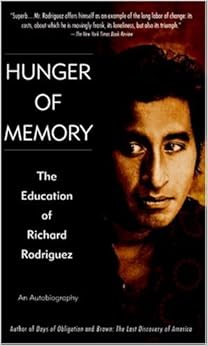This article's uncensored title (in contrast to the one on TIME.com) was "I Let My 8-Year-Old Drop F-Bombs - And So Should Every Other Parent." It gives a pretty clear picture of the ideas to follow: the author has written this article to convince other parents that his controversial decision is a good one.
Published late this summer, Tom Burns wrote the article after struggling with his daughter through some tough times. Burns is a respectable author, considering his writing has been featured by names such as TIME and the Huffington Post, and still the best ethos for this article comes from his experience as a parent. So he establishes ethos with vivid storytelling that also appeals to pathos.
The article starts, "My 8-year-old kid has had a rough year. She's struggled with anxiety, school, friend drama, and her first experiences with orthodontia. Third grade has been much, much crueler than expected" (1). Immediately, the reader feels sympathy for both the parent and child. Then Burns juxtaposes that gloomy introduction with a shocking statement: "to instantly cheer her mood… I let her say "f---" occasionally" (2). Burns knows this isn't the norm of parenting; he knows that the whole article is rather provocative, so he goes full steam ahead and bluntly states the main point. His directness is effective because each point cuts straight to the reader.
He also addresses the obvious counterarguments to letting a child swear: "I’m not giving her license to use those words to hurt other people. I’m letting her use those funny little taboo curses to express hurt, fear, and frustration in a way that hurts no one, in a way that makes her feel special" (29-30). His logic works well. Though I still don't completely agree with him, but I certainly respect his thoughtfulness in being a parent.
Although the article's simplest purpose was to convince parents that letting kids swear is a way of "commiserating," it goes beyond that. Burns challenges parents to think deeper into the intentions and effects of each action by a parent or child. He turns what could have been a superficial, touchy topic into a thought-provoking investigation into parenting.


_cover_art.jpg)


